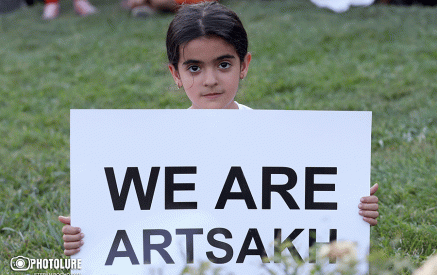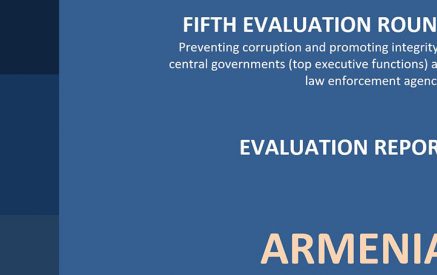The problem of the individual and the crowd in the 21st century
Yeghishe Tadevosyan’s “The Talent and the Crowd” canvas is one of the most impressive works in our National Gallery, which our renowned artist have created in 1909 created. The plot of the work brushed under the influence of pointillism “pixel” techniques is clear without unnecessary comments, the “genius”, the individual, the personality is running away from the crowd’s noise, mockery and insults. The artist touched upon this theme also in other works, such as “The Christ and the Pharisees” canvas. The plot of confrontation between individuality and the crowd in the European culture, it can be said, has an age-old history, but it has found a great popularity in the 19th century. The reason probably is that the “common equality” (truly) advocated by the bourgeois-democratic revolutions, the egalitarianism ideas collapsed, and it appeared that the “third class” coming to power was nothing better of the first two: clericalism and aristocracy.
Moreover, there was again a demand for aristocracy, but this time, not by virtue of origin, but by the “spirit”, meaning first of all the perceptions of life different from the crowd. “The Poet and the Crowd,” so is called European high values-holder Russian poet Alexander Pushkin’s poem. However, such “aristocrats” have always existed. Socrates, for example. There was a moment when the democratic crowd demanded the death penalty for the Athena’s, the so-called “yerkrapahs” (who in all times, sometimes become a calamity, and sometimes a scapegoat). Socrates was strongly against this death penalty. The crowd’s verdict, however, was executed, but some time later, the people of Athena regretted, forgetting, however, that the philosopher had warned them about it. Moreover, Socrates speeches and warnings began to irritate the citizens of Athens, they accused the philosopher that he allegedly is perverting the youth and generally, expresses profane ideas and also sentenced to death. In the elitism, therefore, there is also a positive element.
The matter is not about the state elitism when the state and political figures do not know, and as a rule, are reluctant to know how their citizens live with, whereas they, the representatives of this “elite” are living by momentary pleasures, not thinking even about their personal future. Such an “elite” is usually composed of a limited, ignorant and “rapacious” people. The matter is actually about “aristocracy of spirit”, which was a driving force in European societies for centuries, regardless of whether it was persecuted or worshiped.
Read also
Armen Petrosyan, the permanent author of “Aravot” has a publication on this subject entitled “The Armenian fortune. Armenian tragedy, lack of aristocracy,” in which, the scientist specifically noted on this matter, Georgians have an advantage over us. It is indeed the case, although we regularly ridicule our neighbors allegedly every second person there thinks of himself a “prince”. Let it be so. It’s better people think of themselves a prince rather than like us, thinking of being a “good guy”. Because the one having the ambitions of a prince (even if he does not noble roots) will definitely eat the meal with knife and fork, while the “good guy” has to do it by champing like a cow. Is it a trifle thing? A philistinism? Maybe. But everything starts from trifle. The one having ambitions of a prince would dare to oppose the crowd, while the “good guy” – never, he is always next to “the people”. And when the above-described “elite” manipulates the crowd, the very “aristocrat” should warn the people.
The “elite” may tell tales about justice, bright future and national ideals, while the “aristocrats” should not be held captive to these rumors, should not please the crowd rather than to be obligated to identify the real intentions of the elite. To the point, about justice. When Socrates was condemned, one of his pupils was annoyed that he was unjustly condemned. In response to it, the philosopher asked, “What is advantageous to you that I am sentenced to death just or unjust?”
Aram ABRAHAMYAN






















































